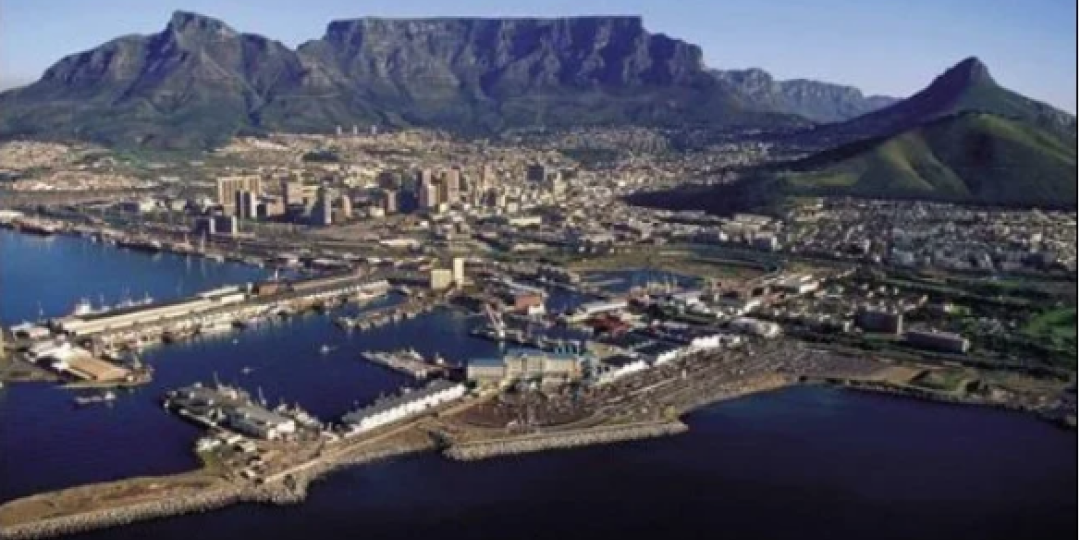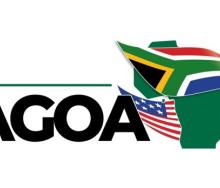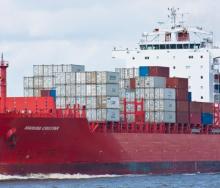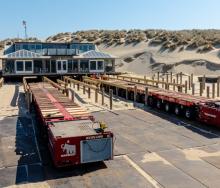South African exporters are struggling to move their cargo to the United States from the Port of Cape Town due to backlogs and a surge in demand for the shipping of refrigerated cargo that is impacting capacity.
Western Cape Exporters chairman Terry Gale said the organisation had noted with “deep concern” the current space constraints on the US East Coast (USEC) berth, especially regarding dry cargo. He said this was having a negative impact on local industries that relied on the US as their most lucrative export markets.
He said the organisation was aware that the earliest bookings available were in week 40 and 41, from October 4.
“Nor has there been space available since July, when Maersk placed the Maersk Idaho on the berth to alleviate some of the backlog,” Gale said.
He added that dry refrigerated cargo such as citrus was still moving but the current backlogs were more severe than the challenges experienced earlier this year when the extra vessel, the Maersk Idaho, was placed on the berth.
“As the US is the Western Cape’s biggest and most lucrative export market, if we do resolve this as a matter of urgency, thousands of jobs are at stake as contracts will be cancelled,” Gale warned.
He said the solution was for bigger vessels with increased dry cargo capacity to call at the berth.
Maersk shed light on the backlogs on its American Express (AMEX) service in a notice that it sent out to customers recently saying that several factors had led to capacity constraints.
“Our AMEX service has been off schedule and there have been port rotation changes and terminal swops impacting capacity and flow planning. The service has suffered from downfall – the no-show of bookings – as well as bookings that we have not been able to load on a given vessel due to it not having been in WCRS (US Customs) load-ready status, contributing to flow variation,” Maersk said.
The line added that it had also experienced a surge in refrigerated cargo that had materialised at short notice over and above flow expectation.
“The resultant schedule and flow variation has led to uptake decisions, taken to counter downfall, that have contributed towards a build-up of booked cargo beyond vessel capacity."
Given the scale of the current situation, the following steps have been taken to improve the service:
· Bookings both spot and long-term committed contracts have been suspended from the MSC Acapulco (August 13) through to the Maersk Vallvik. (September 1). This is now extended to early October to ensure the current overflow is ring-fenced
· To load this overflow, we will effectively slide all booked cargo one week.
· In combination with the temporary booking, this will “reset” the service and we are hoping to reopen for contracted and spot business from the MSC Lilou. Indications are now early October.
“We are addressing the key root causes. This has senior management's attention and is a top priority for us at the moment. We need to restore your faith in our AMEX service and our brand. We have undertaken a deep-dive process improvement on our booking and uptake processes.”
Maersk said it was addressing the downfall and US customs compliance and called on exporters to collaborate on these issues.
The carrier added that it had closed spot for any new bookings and in some cases had even been rolling committed customer cargo/bookings due to the current situation.
“Regrettably, we are not able to accommodate any new bookings until the roll pool has been cleared.”













